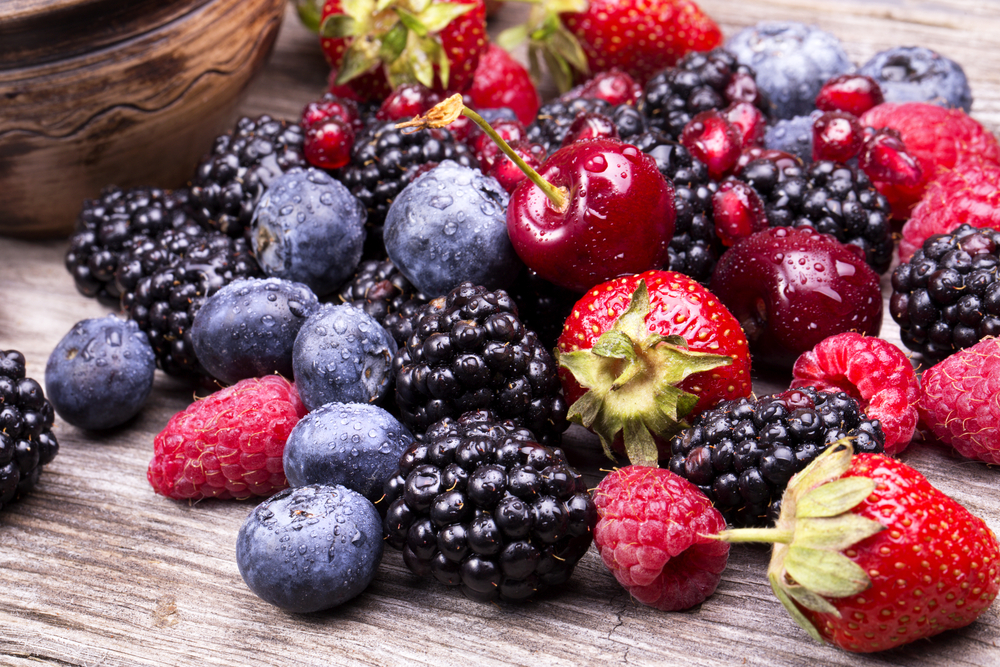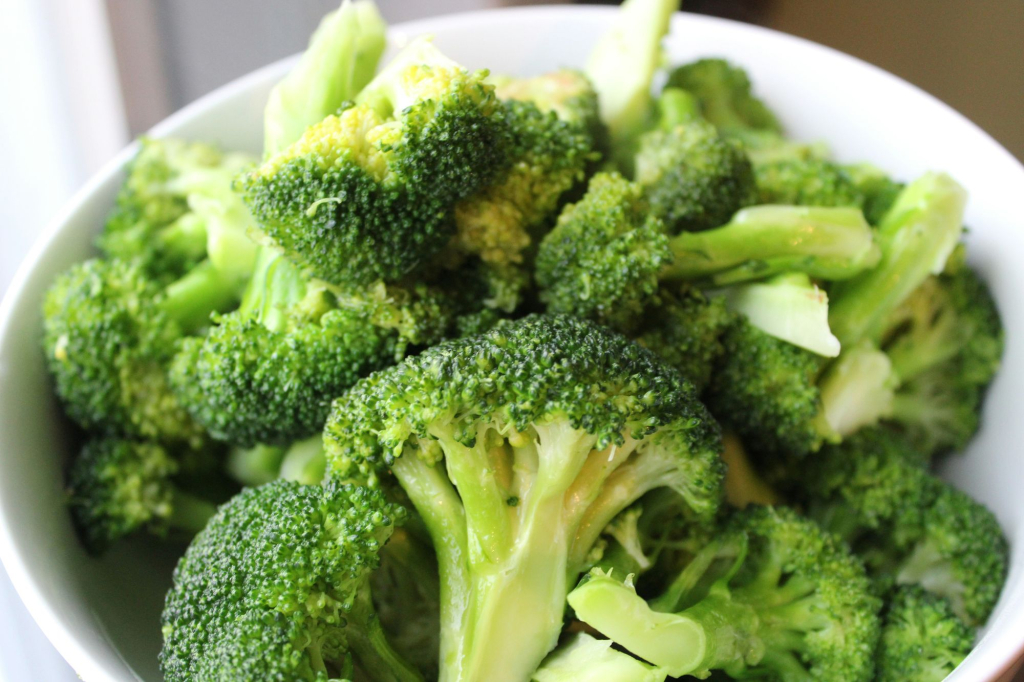Key benefits of vitamin C

1) Vitamin C aids in the production of white blood cells, such as lymphocytes and phagocytes, enhancing the body’s defense against infections. It also supports the solubility of iron in the small intestine, aiding its absorption. This is crucial for DNA synthesis, immune function, and the production of healthy red blood cells.
2) Regular intake of vitamin C is associated with a beneficial reduction in systolic and diastolic blood pressure.
3) Vitamin C plays a vital role in sustaining the strength of bones and cartilage by facilitating collagen production, the foundational protein for structure and resilience.
4) Vitamin C contributes to neurotransmitter synthesis, potentially enhancing cognitive function.

5) Involved in energy metabolism, vitamin C helps reduce fatigue and oxidative stress, promoting overall well-being.
6) As a potent antioxidant, vitamin C safeguards cells from harm caused by free radicals, reducing oxidative stress and maintaining the body’s overall health.
7) Vitamin C is favoured for its ability to reduce pigmentation on the skin, making it a sought-after ingredient in skincare products labelled as ‘brightening.’1,2
Signs of deficiency and excess of vitamin C

A deficiency in vitamin C may manifest through symptoms such as easy bruising, bleeding gums, slow healing, dry hair, depression, and fatigue. Severe deficiency can lead to scurvy, a condition where collagen production is impaired, resulting in tissue breakdown.
Nutrition recommendations suggest a daily intake of vitamin C to support overall health, with an RDA recently increased to 75-90 mg for adults.1
Recommendations regarding vitamin C intake

Vitamin C is water-soluble and not stored in the body, emphasizing the importance of a diverse diet for a consistent supply. Natural sources of vitamin C include fruits, vegetables, and greens, and a balanced diet is encouraged over supplements to avoid imbalances and potential toxicity.2 Good sources of vitamin C are kiwifruit, citrus fruits, strawberries, bell peppers, asparagus, and broccoli.

Factors such as cooking methods, cigarette smoking, alcohol consumption, and certain medical conditions can affect the absorption and effectiveness of vitamin C.







